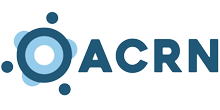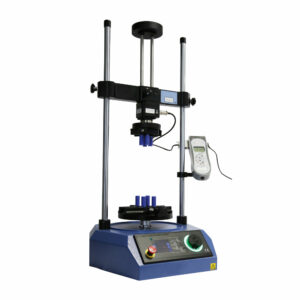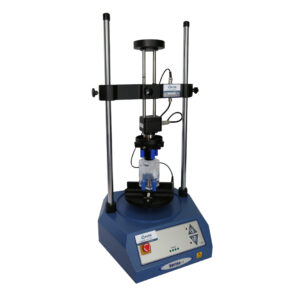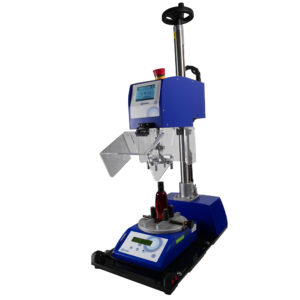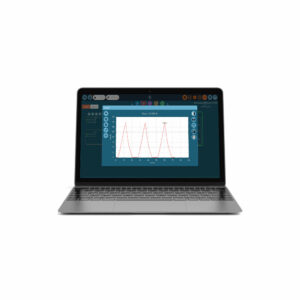Torque tester
The motorised torque tester is the advanced version of the torque meter.
In addition to the static torque measurement of a traditional electronic torque meter, they are equipped with a means of rotation that can be fully controlled in terms of torque and angle
- Control of rotation speeds and angles
- Elimination of the human effect impacting on the measurements
- Real time torque curves for in-depth analysis of torque variation phenomena during tightening and loosening
- Complex measurements cycles such as
- Fatigue tests
- Angle stop
- Torque stop
- Opening/closing cycle
We offer models from the simplest to the most advanced.
Some of them are equipped with software to collect data and/or control the test bench automatically.
Showing all 4 results
-
Mecmesin Vortex-DV motorised torque tester
-
Mecmesin Vortex-I automated torque tester
-
RepeaTork motorized torque meter
-
Vector Pro Lite Software
What are the different types of motorised torque tester ?
There are two types of torque tester:
– stand-alone models consisting of a drive system, a torque sensor, an angle sensor and a control interface. They can perform simple tests, and allow manual use, export or simple display of results.
– Software-driven models: complex programs, library of saved programs and tests, advanced reporting, curves and analysis.
When to use a software-driven model?
They are suitable for the most demanding analyses (Homologation laboratory, testing laboratories).
But they can be decisive in production control depending on specific needs with powerful, ready-to-run programmed tests and reporting.
ACRN’s products include Vortex-I or the Vortex-XT of the Mecmesin brand which we will help you get the most out of.
When to use a motorised torque tester ?
The simple, self-contained model is well suited for simple testing, or for use on the production line.
ACRN’s products include Mecmesin Vortex-DV, it remains upgradeable with optional software without requiring the user to have a PC nearby.
What are the advantages of an automated torque measurement system ?
– Improved repeatability of measurements.
– Perform advanced tests (torque tightening,…)
– The possibility to control the angle.
– Edit curves or make acquisition for a more advanced use.
– Limit RSI of users during frequent screwdriving/unscrewing tests on manual electronic torque meters.
– One possibility is, for example, to allow a re-torquing after the unscrewing test.
How to set up a torque tester ?
You must first define your objectives for switching to a motorized control: gain in repeatability by limiting the human effect, avoid RSI from unscrewing your operators, perform a complex test that requires curves, edit reports,…
Next, consider the various tests and samples that make up your testing requirement.
Thus we can offer you several equipment, test protocols, and possible adaptations.
ACRN relies on its range of torque tester, Mecmesin test stands, of which we have been partners and experts for 20 years, as well as on our ability to develop accessories. It is in these adaptations that the key to a successful test often lies: ergonomics, speed of change, etc.
Unlike a manual torquemeter, the implementation of a test requires an initial reflection.
ACRN offers project coaching not necessarily long but which will allow you to make the right choices and reach your goals. We also offer equipment training adapted to customer usage.
Do not hesitate to contact us to discuss your projects.
